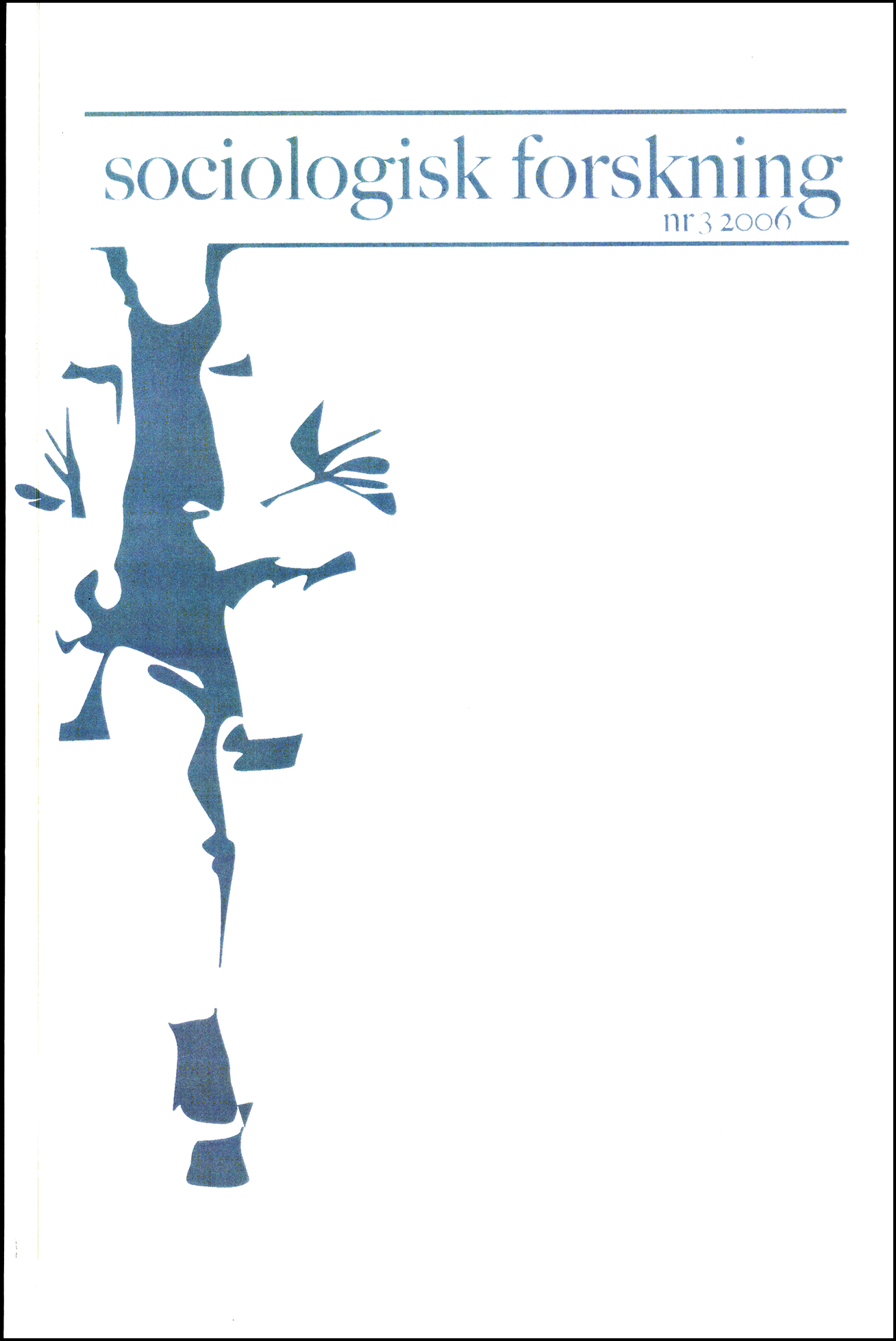Varför bildas nya partier?
DOI:
https://doi.org/10.37062/sf.43.19310Nyckelord:
new parties, party-emergence, collective action, emotions and rationalityAbstract
Why do people engage in high-cost political activities such as forming new political parties? Start-up costs are high. Moreover, rewards are unclear and uncertain. Since political parties are collective goods, people demanding new political parties face a collective action problem. It is therefore somewhat puzzling that new parties emerge. Drawing on theories from economics, sociology and political science, I argue that we, in order to understand the emergence of new parties, need to analytically move in on party-entrepreneurs to elucidate what motivates them. Methodologically inspired by the debate on bridging the gap between deductive and inductive strategies, I process-trace and compare three cases. The case studies identify individual level-mechanisms producing the decision toform a new party. People that voice demands within established parties, and face outright rejection, have experienced bad treatment from established politicians. These experiences contribute to disappointment, anger, and a sense of indignation - i.e. “intense emotions”- that mobilize entrepreneurs. Intense emotions create a lust for revenge, which becomes a psychological selective incentive, and is important for understanding why people engage themselves in high-cost political activities.
Downloads
Publicerad
Referera så här
Nummer
Sektion
Licens
Allt material i Sociologisk Forskning publiceras med omedelbar öppen tillgång (open access), under Creative Commons-licensen CC BY-NC-ND 4.0.
Allt innehåll i tidskriften är fritt tillgängligt utan kostnad och får för icke-kommersiella syften fritt läsas, laddas ned, kopieras, delas, skrivas ut och länkas. Innehållet får dock inte ändras. När innehållet används måste författare och källa anges. Upphovsrätten till innehållet tillhör respektive författare. Inga publiceringsavgifter tas ut.





